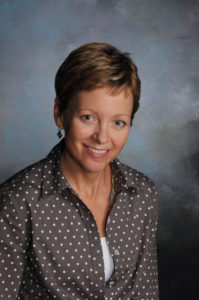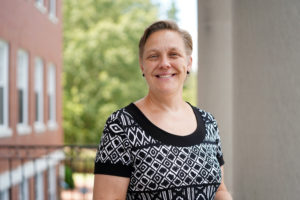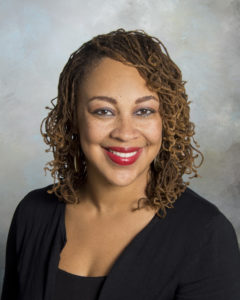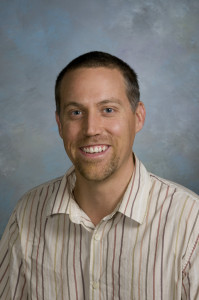
Associate Professor of Sociology Eric Bonds
Associate Professor of Sociology Eric Bonds and Rebecca Rubin, president and CEO of Marstel-Day, an environmental consulting firm, published an op-ed in The Free Lance-Star on what the Fredericksburg area can do to combat climate change:
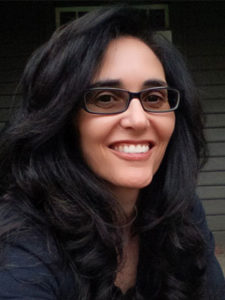
Marstel-Day President and CEO Rebecca Rubin
YOU can regularly see it in the news reported in the Free Lance-Star and other newspapers: climate change is remaking our world. Fredericksburg urgently needs to develop a climate plan in response.
This effort should include a plan that would both reduce our city’s carbon emissions (which help propel global warming) and enable adaption to impacts that are inevitable—such as lethal heat, and air- and water-borne diseases—given that a certain amount of warming is already locked into our climate system.
Such a strategy would both respond to climate change risks and prevent them from worsening. Read more.
